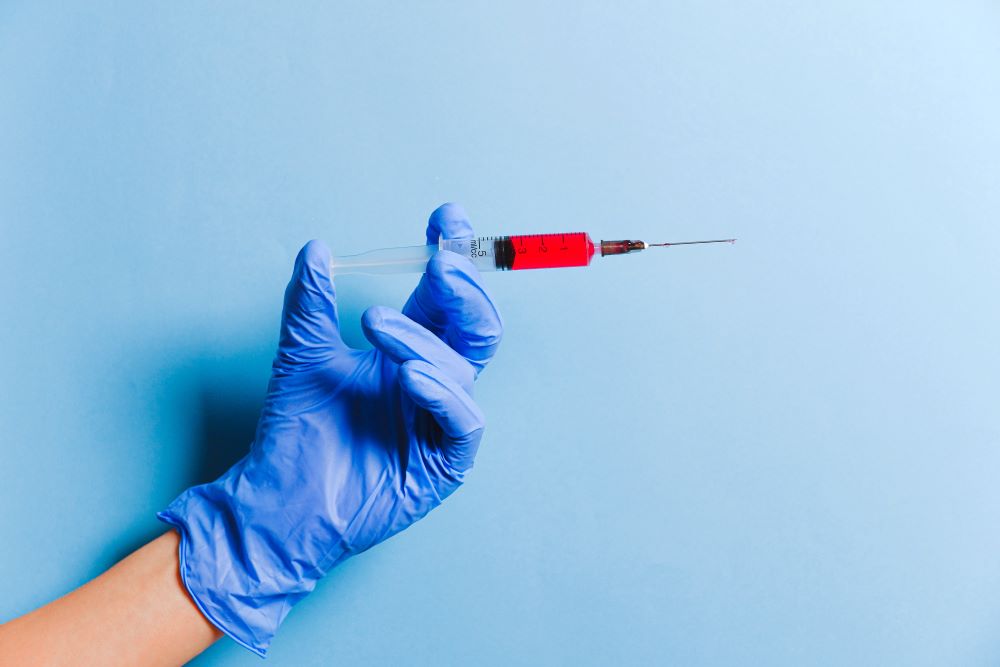Parents are opting not to get their children vaccination after COVID-19 vax scares.
Childhood vaccines are one of the most powerful tools modern medicine has to offer humans. Since the invention and gradual advancement of vaccines, human health has improved dramatically, including in terms of overall life expectancy. Creating vaccines is one of mankind’s greatest accomplishments, to be sure.
Unfortunately, the events of the COVID-19 pandemic have served to eat away at the public confidence in such medicines. Whether for political or other reasons, more and more people are dubious to get the vaccines that could protect them from various diseases and illnesses. Even worse, this skepticism is extending to parents with children, meaning fewer of those children are getting important vaccinations than in years prior.
Since it has now been a few years since the onset of the pandemic, the children that were born during those early stages are now getting to an age when they should be getting various vaccines at certain milestones. Research has shown, however, that in more than 100 countries, the rates of those vaccines being administered had declined from 2019 to 2021.

It should be said that not all of that decline can be attributed to vaccine hesitancy on the part of parents. Sometimes, it is poverty that keeps children from being vaccinated, and supply chain issues could also be blamed for lacking supply in certain parts of the world.
While hesitancy can’t be blamed for the entire drop in childhood vaccines, it certainly does play a role. Research shows that the overall confidence in these vaccines during the pandemic period fell by 44%, which shows that plenty of parents were making a conscious decision to keep their children away from the clinic where these shots would be administered.
This is not a shift without consequences. There are already signs that it’s having a negative impact on the health of the young people around the world, as more children are now being paralyzed by polio and the cases of measles are up dramatically. These are obvious indications that there is a direct connection between the rate of vaccine acceptance and trust and the overall health of the global population.
One other important point to keep in mind is the role that wealth inequality plays in this picture. Children from the poorest homes are far less likely to not be vaccinated than those from the wealthiest homes. Improving the convenience and availability of vaccines to everyone regardless of economic status is important, along with programs that are designed to foster trust.
It’s yet to be seen how long it will take to rebuild public trust in vaccines to the point where childhood vaccination levels rise to what was happening prior to the pandemic. Unfortunately, the certain outcome of this dip in vaccine acceptance is an increase in illnesses – and even death – among the youngest people in our population. That is yet another sad outcome in the aftermath of a pandemic that has already caused so much damage.
Sources:
Pandemic Saw Rise in Mistrust of Childhood Vaccines
Summary of data publicly reported by the Centers for Disease Control and Prevention, Date: 4/5/23


Join the conversation!